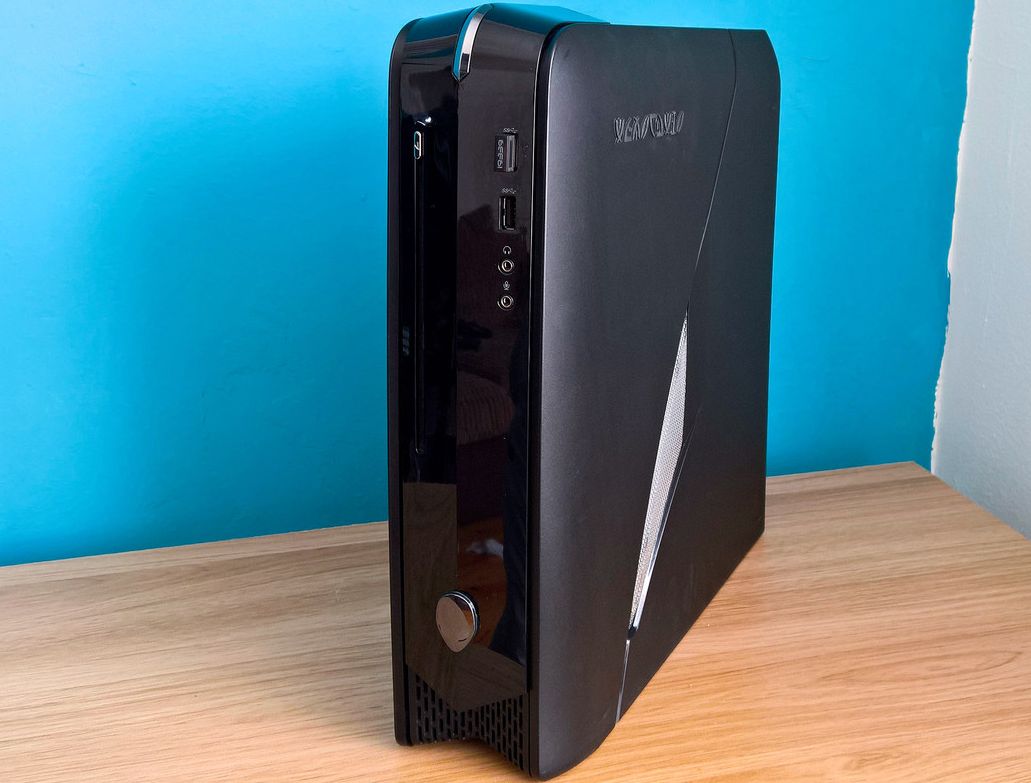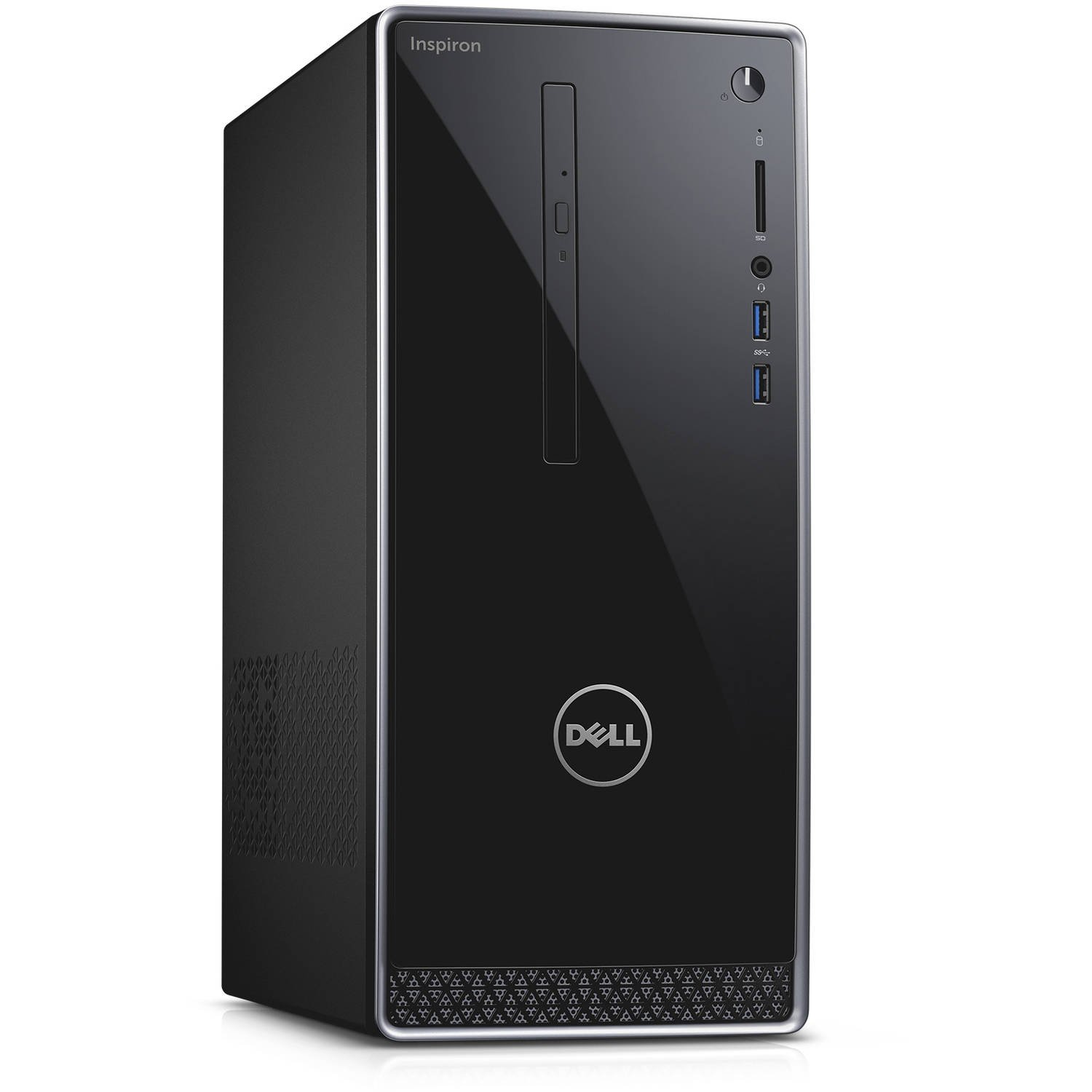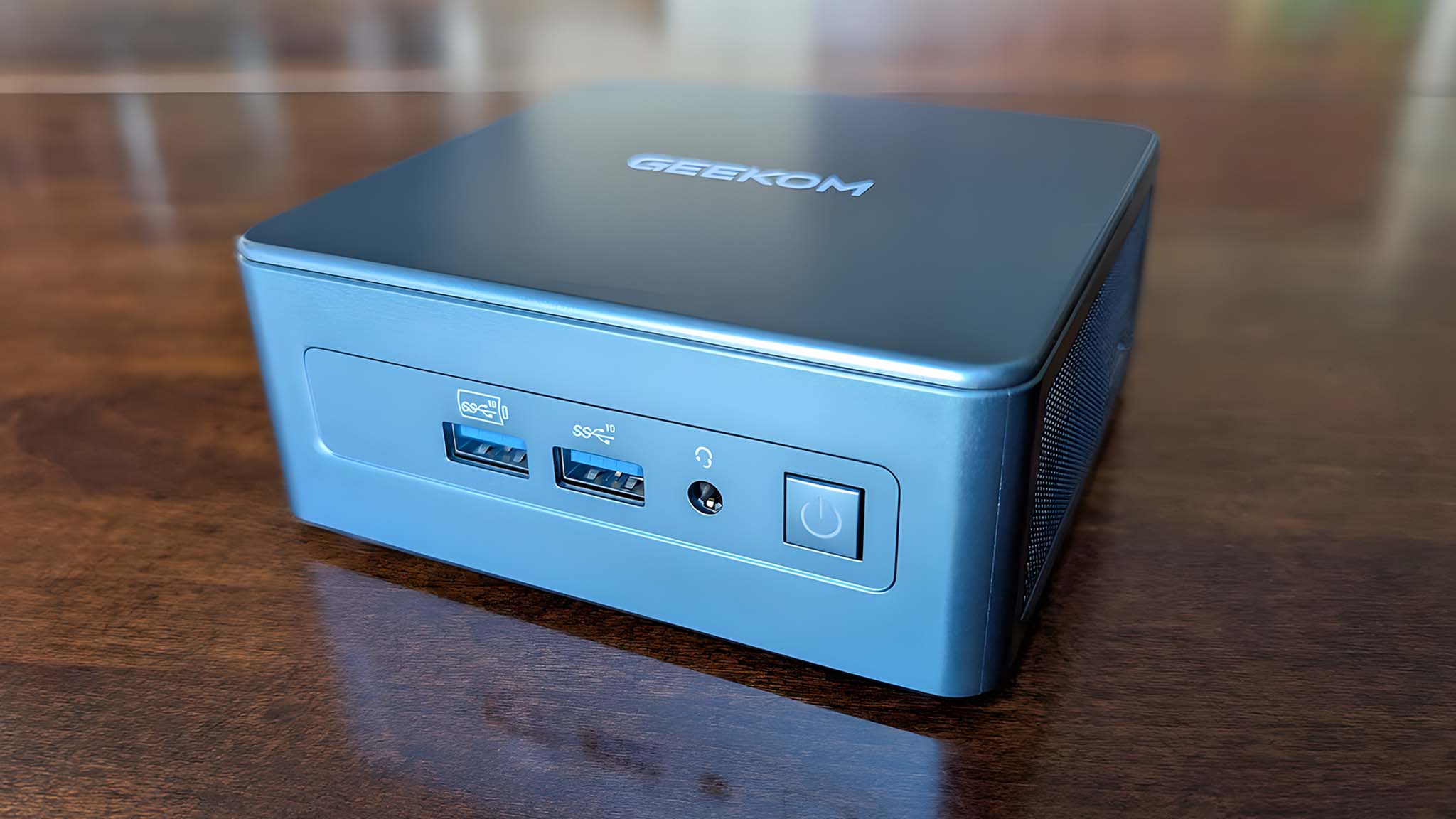Are pre-built PCs worth the extra money?
It is indeed possible to save some money by investing in a pre-built system instead of selecting each component yourself and then putting together a PC. However, how much you can save depends on a few factors.

All the latest news, reviews, and guides for Windows and Xbox diehards.
You are now subscribed
Your newsletter sign-up was successful
There are pros and cons to buying all components from an online store, taking delivery and putting it all together without paying for labor costs. One of the potential disadvantages of this route is it can cost more when compared to pre-built systems available from Dell, HP or other manufacturers.
Sometimes it's the other way around. It depends on what you need, what you'd like, and what your budget is. Take for example the OMEN 870 desktop PC by HP. For $899.99, you get the following:
- Windows 10 Home 64-bit.
- Core i5-6400 2.7GHz CPU.
- 16 GB RAM.
- 1TB HDD storage.
- Nvidia GeForce GTX 750 Ti.
Here's a similar build we put together on Amazon:
| Category | Specification | Price |
|---|---|---|
| Case | NZXT S340 Mid Tower Case | $66.99 |
| Motherboard | Gigabyte LGA1151 Intel H110 | $59.60 |
| CPU | Intel Core i5-6400 | $183.00 |
| GPU | ASUS NVIDIA GeForce GTX 750 Ti | $149.50 |
| RAM | Corsair Vengeance LPX 16GB (2x8GB) 3000MHz DDR4 | $124.99 |
| OS | Microsoft Windows 10 Home 64-Bit | $90.72 |
| HDD | WD Blue 1TB SATA | $49.99 |
| Mouse | HP x3000 Wireless Mouse | $11.28 |
| Keyboard | HP K1500 Keyboard | $8.84 |
| Networking | Intel 3160 Dual Band Wireless AC + Bluetooth Mini PCIe | $15.99 |
| DVD Drive | Asus 24x DVD-RW | $19.95 |
| Row 11 - Cell 0 | Total | $780.85 |
Our custom build worked out cheaper, but it excludes extras thrown in by HP, including a one-year limited hardware warranty and one year of technical online or toll-free phone support. You also have to put everything together, troubleshoot any issues, and deal with individual warranties should something go wrong. With a pre-built system, you order, receive delivery, plug-in and enjoy.

We also found a PC deal on the Dell Inspiron 3650. For just $549, this system contains:
- Windows 10 Home 64-bit.
- Core i5-6400 CPU.
- 8GB DDR3 RAM.
- 1TB HDD storage.
The omission of a dedicated GPU helps bring the cost down. You could also install your own if you have one to spare or happen to find a solid deal on a new GTX 1080. Here's a similar build we threw together on Amazon:
| Category | Specification | Price |
|---|---|---|
| Case | NZXT S340 Mid Tower Case | $66.99 |
| Motherboard | Asus LGA1151 B150M-A D3 | $81.99 |
| CPU | Intel Core i5-6400 | $183.00 |
| RAM | Kingston HyperX FURY 8GB 1600MHz | $52.98 |
| OS | Microsoft Windows 10 Home 64-Bit | $90.72 |
| HDD | WD Blue 1TB SATA | $49.99 |
| Mouse | HP x3000 Wireless Mouse | $11.28 |
| Keyboard | HP K1500 Keyboard | $8.84 |
| Networking | Intel 3160 Dual Band Wireless AC + Bluetooth Mini PCIe | $15.99 |
| DVD Drive | Asus 24x DVD-RW | $19.95 |
| Row 10 - Cell 0 | Total | $581.73 |
Again, this excludes the fact that Dell put together the PC for you and include a one-year warranty for the system. We previously looked at why it's probably best you build your next PC if possible, as well as if it's possible to put together a capable system that matches an Xbox One in performance and price.
All the latest news, reviews, and guides for Windows and Xbox diehards.
Whether you'll save more money through having your PC pre-built by a manufacturer depends on whether you take advantage of sales and offers, and whether you can keep the specifications down to the minimum, perhaps with component upgrades planned for the future.

Rich Edmonds was formerly a Senior Editor of PC hardware at Windows Central, covering everything related to PC components and NAS. He's been involved in technology for more than a decade and knows a thing or two about the magic inside a PC chassis. You can follow him on Twitter at @RichEdmonds.
